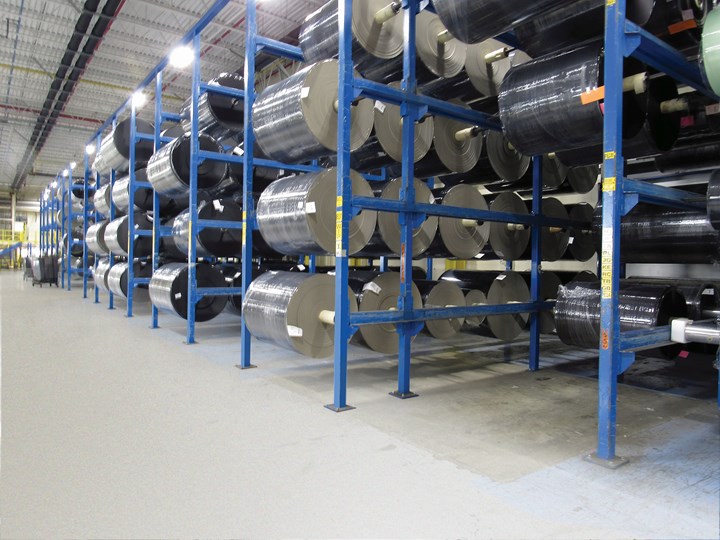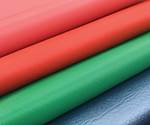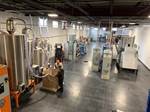Haartz Buys Minority Stake in Peak
Automotive supplier Haartz invests in compounder in a move to facilitate growth for both.
announced that The Haartz Corporation has purchased a minority stake in the company. Together, Peak and Haartz will serve the specialty medical and industrial custom and toll compounding markets.
Based in Leominster, Mass., Peak is a compounder that utilizes twin-screw extruders to produce pre-colored engineered products for medical and industrial applications. Peak also offers toll processing and custom- formulating capabilities for custom coloring with customer-specified ingredients for a wide range of applications.
 Peak opened its doors in September 2019 in Leominster, focusing on running a wide range of materials for industrial and medical markets.
Peak opened its doors in September 2019 in Leominster, focusing on running a wide range of materials for industrial and medical markets.makes highly engineered and uniquely designed convertible toppings and interior surface materials. The company’s world headquarters and North American manufacturing operations are in Acton, Mass., with additional manufacturing in Germany, China and India. Haartz has been an automotive supplier since 1907, and continues to be privately owned and operated by the Haartz family.
The new partnership allows Haartz to diversify into the rapidly growing medical compounding market and provides Peak with the capital to fast track its growth plans.
“We are planning to expand our manufacturing footprint in 2022 by adding a dedicated white room space for our medical production, additional blending and storage space for all products. Although we are in an unusual time, we are very optimistic about the future,” says Peak President Todd Marchand.
“Haartz has long-looked to diversify our products and markets,” adds Matthew Williams, v.p. of global automotive exteriors and new markets. “This partnership with Peak provides us access to the growth positioned medical plastics marketplace. We will now be able to leverage our decades of knowledge in high-performance plastics to support this growing market.”

Haartz extrudes sheet from PVC, TPO, and other materials for automotive convertible tops and interior surface materials.
Related Content
-
What to Know About Your Materials When Choosing a Feeder
Feeder performance is crucial to operating extrusion and compounding lines. And consistent, reliable feeding depends in large part on selecting a feeder compatible with the materials and additives you intend to process. Follow these tips to analyze your feeder requirements.
-
Understanding 'Boundary Conditions' in Twin-Screw Compounding
In twin-screw compounding, the objective is generally to produce the highest quality product at the maximum strand. But sometimes there are operating parameters that prevent this objective from being realized.
-
How to Configure Your Twin-Screw Extruder for Mixing: Part 5
Understand the differences between distributive and dispersive mixing, and how you can promote one or the other in your screw design.




